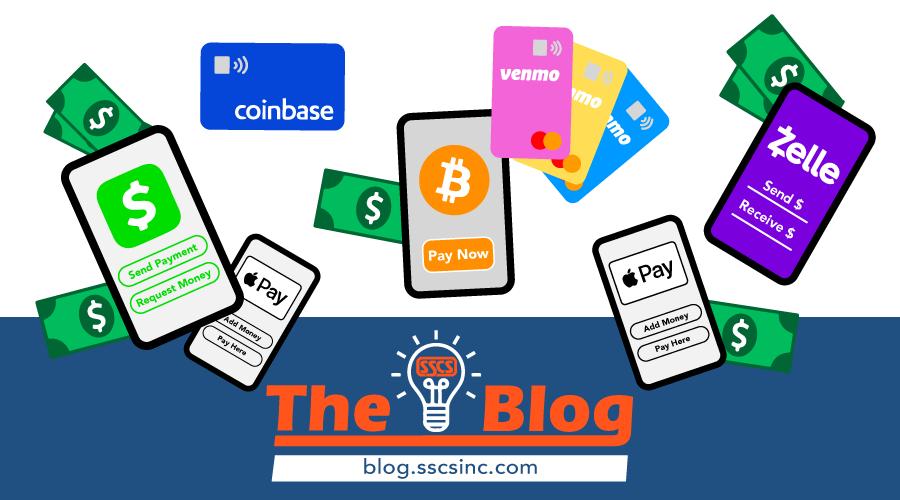Money? Who Needs It? (Part 2 of 2)

At their core, alternative currencies are a brand new flavor of old-fashioned commerce.
Part 1 of this post covered alternative methods of payment in which no currency was involved. Today we’re looking at alternative currencies and their acceptance in the convenience store industry to date.
At its most basic, money symbolizes value for a group engaging in commerce—a standard that all parties agree to and understand.
Think of it as shorthand for the worth of something.
Recognized central authorities like banks and governments can give heft and legitimacy to a currency system—including the one backing the coins and bills in your wallet right now—but perceived worth originates independently of it.
It’s been that way since Cro-Magnon Man. Hunters, farmers, and others have been bartering and trading value without physical currency for centuries, a practice that continues to this day (just ask any comic book collector).
While this is a rudimentary way to look at the function of currency, it helps to demystify the digital, crypto, and alternative currencies rising to prominence of late. Though new and unfamiliar to some—every month another one seems to be introduced—they share the fundamental characteristics of any currency: representing a value that a group of “trading partners” agrees to and understands.[1]
As more and more consumers become familiar with alternative currencies, especially prominent ones with an extensive blockchain, convenience stores—as they always do—have had to adapt to best serve their customers. With further developments still relatively new and hard to predict, here are links to a few articles to help round out the concept as it applies to the industry in the present:
- Convenience Store News assesses digital currency’s potential impact on the convenience store industry.
- Sheetz is accepting Bitcoin and other cryptocurrencies, like Ethereum and Dogecoin.
- Circle K has embraced cryptocurrency ATMs.
- NCR, a leading manufacturer of industry point-of-sale (POS) systems, bought LibertyX, a leading cryptocurrency software provider whose technologies they wish to integrate across their platforms.
While currencies may change, the success of a convenience store depends on the basics that lie beneath: giving good value and getting it in return. For something that sounds so simple, it can be challenging: the variables that make profitability happen—like accurate item pricing and the right inventory mix—can be difficult to monitor and manage.
SSCS products and services have been helping customers find out what’s going on in their stores for over 40 years, at a granular level while never losing sight of the big picture moving forward. Like currency, the industry may change, but some basics never do. We’re here to help you navigate through what comes next.
[1] While this post isn’t a deep dive into the nuts and bolts of digital and cryptocurrencies, you can consult this article, one of many available to cover the basics.





Recent Comments